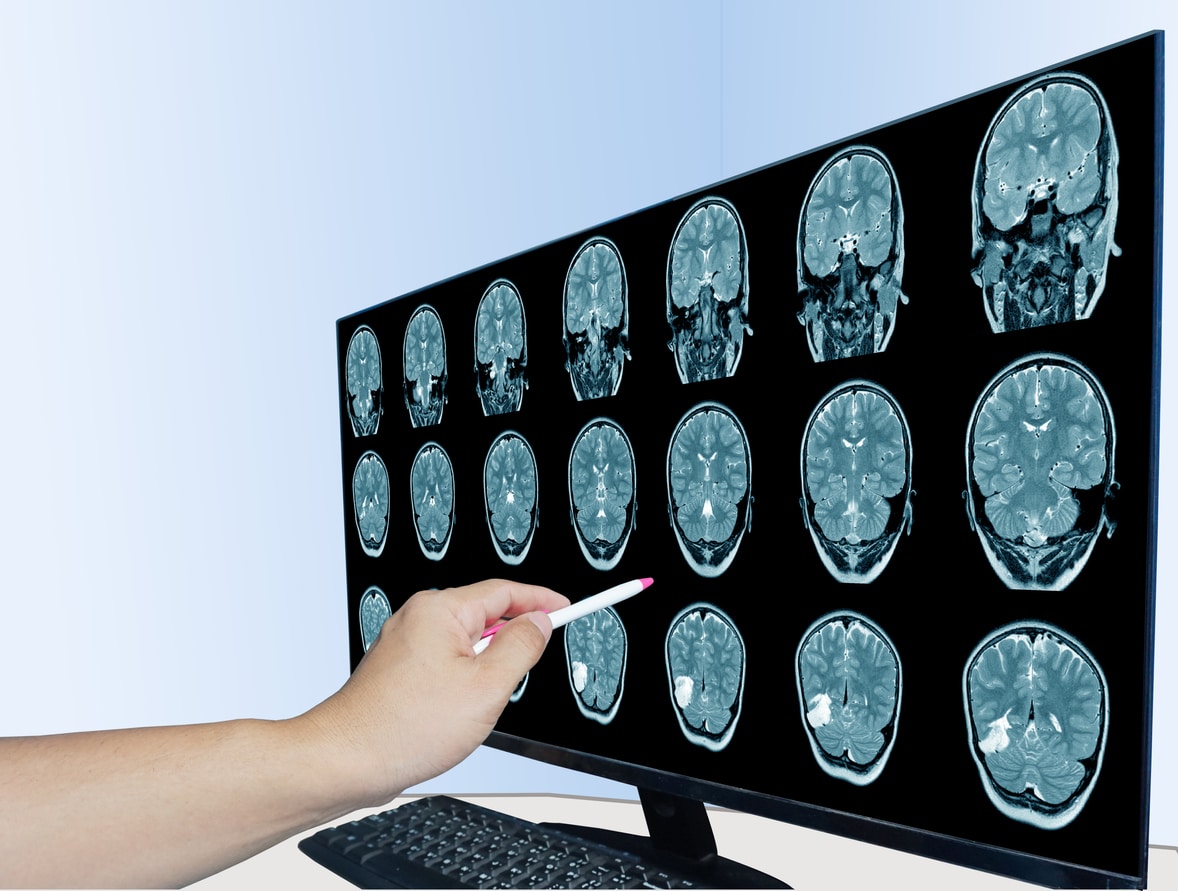Last month, the family of Bruce Willis, 67 (star of the 80’s television hit Moonlighting and major motion pictures such as The Sixth Sense and the Die Hard series) announced that the actor would be stepping away from his acting career. The family explained that the actor had been experiencing health issues and had recently been diagnosed with aphasia, impacting his cognitive abilities.
What is Aphasia?

Aphasia (pronounced a-FAY-sia) is a loss of ability to understand or express speech and may also impact the ability to read or write. Aphasia results from damage to the brain, but the reasons for the damage vary. The most common cause of aphasia is a stroke. However, aphasia can also result from head trauma, a slow-growing brain tumor, infection, or a progressive disease such as Alzheimer’s (Willis’ family did not disclose an underlying cause.).
Aphasia can come on suddenly (as in the case of a stroke) or gradually, and the disorder can range from severe to very mild. Sometimes aphasia can be a temporary condition brought on by a migraine, seizure, or transient ischemic attack (TIA).
Darlene Williamson, President of the National Aphasia Association (NAA), explains, “This communication disorder is complex and prevalent. 1 in every 250 people in the United States are living with aphasia and yet is so unfamiliar to the general public.”
Symptoms of Aphasia

According to the Mayo Clinic website, a person with aphasia may experience one or several of the following symptoms:
- Speak in short or incomplete sentences
- Speak in sentences that don’t make sense
- Substitute one word for another or one sound for another
- Say unrecognizable words
- Unable to understand other people’s conversation
- Write sentences that don’t make sense
- Problems with reading or writing
Since aphasia can signify a serious medical condition, it is crucial to seek medical attention immediately, especially if any of the above symptoms come on suddenly.
Types of Aphasia
As outlined on the NAA website, “There are many different forms of aphasia. All of them affect a person’s ability to communicate.”
Common types of aphasia include the following:
Broca’s Aphasia
This is also referred to as “non-fluent aphasia” because of the patient’s halting speech. Patients usually speak only a few words at a time and have a limited vocabulary. Patients with this type of aphasia can usually understand speech and also have the ability to read but be limited in what they can write.
Wernicke’s Aphasia
This is also called “fluent aphasia” because the ability to understand words is impacted, but the patient can connect words together. The combination results in patients speaking in long, complex sentences that don’t usually don’t make sense. The randomly strung-together words may make it impossible to comprehend what the person is trying to say, but the patient doesn’t realize that what they are saying isn’t understandable to the listener.
Global Aphasia
This is the most severe form of aphasia. Global aphasia is common following a stroke and may improve quickly after that or be long-lasting. Patients with global aphasia can only produce a few recognizable words and have little understanding, and they cannot read or write.
Anomic Aphasia
This is the term used for people who have trouble finding the words they want to say. They usually understand speech well and typically do not have difficulty reading.
Primary Progressive Aphasia (PPA)
This type of aphasia comes on slowly and continues to progress. It is caused by neurogenerative diseases such as Alzheimer’s or Frontotemporal Lobar Degeneration. The first symptoms are speech and language issues, but eventually, the patient will have other problems associated with the disease, such as memory loss.
Diagnosis and Treatment

If a medical professional suspects a person has aphasia, they will run various tests, including language assessments, informal observations, and possible imaging tests such as an MRI of the brain.
Treatment of aphasia depends on the underlying cause and the severity.
For some, aphasia is a temporary condition that will go away without treatment. Others will benefit from speech and language therapy to help them restore some language skills and find other communication methods. This type of intervention should begin as soon as symptoms appear for maximum effectiveness. Medications and other treatments are currently being researched as possible ways to treat aphasia.
Helping Those with Aphasia
Since so much of our day-to-day life involves communicating with others, aphasia can severely impact the quality of a person’s life and their relationships with friends and family. Patients suffering from aphasia may feel scared, frustrated, and isolated.
A survey done by NAA in 2020 showed that 86.2% of respondents had never heard of aphasia. However, that changed the past few weeks with the Willis family shedding light on the disorder. Williamson says, “The NAA perfectly understands what this diagnosis means to the Willis family, and we are grateful for their use of the word aphasia. By doing so, they put a spotlight on our community that is so meaningful.”
For more information – go to www.aphasia.org.
Read Next:
Brain Games: Natural Protection For an Aging Brain
Mental Health Boosters for a Better You
20 Journaling Prompts for Mental Health
The post Aphasia: Types, Symptoms, and Treatments appeared first on Prime Women | An Online Magazine.
